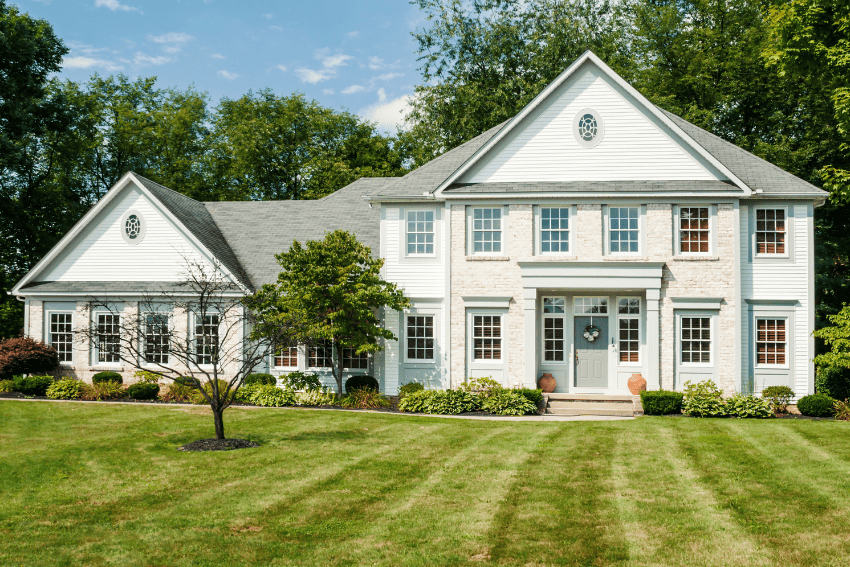
We often have buyers or agents ask: “What is your 15-year rate today?” Or “What is today’s interest rate?”
We always respond by explaining there is “no single rate” because the market moves so often and because there are so many things that affect an individual borrower’s rate.
Here are 14 factors that affect almost every borrower’s interest rate:
First-Time Homebuyer Status
This may be the most significant factor of all, as Fannie Mae and Freddie Mae created a new rule in 2022 that ensures that first-time homebuyers will not be subject to the “pricing or rate adjustments” that all other homebuyers are subject to. These rate adjustments result from many of the factors discussed below, such as credit score, down payment size, and property type. A first-time homebuyer is defined as anyone who has not owned a home for three or more years.
Property Type
Condos, high-rise condos, and multi-unit dwellings (2 – 4 units) usually have higher interest rates associated with them, as compared to single-family dwellings.
Property Use
Investment properties have higher rates than owner-occupied properties.
Credit Scores
Credit scores significantly affect rates. A borrower with a 750 mid-score might have a rate as much as 1% lower than a borrower with a 670 mid-score.
Down Payment
The bigger the down payment, the lower the rate, in most cases.
Loan Amount
Very small loans (under $150,000 for example) can have higher rates, as can very large jumbo loans (over $3 million for example). In addition, “Low Balance” conforming loans under $548,250 will have lower rates than “High Balance” conforming loans (from $548,250 to $822,375).
Loan Type
FHA and VA rates are usually lower than conforming (Fannie/Freddie) rates, and our jumbo rates are currently the lowest of all for very strong borrowers.
Rate Lock Period
Interest rates can be “locked-in” or guaranteed prior to the close of escrow for 15, 30, 45, or 60 days in most cases. The longer the lock period, the higher the rate. Many lenders quote rates associated with very short 15-day lock periods, even though most escrows require longer lock periods.
Fixed Period/Loan Maturity
The longer a rate stays fixed, the higher the rate. For example, a 7/1 ARM (fixed for seven years) will usually have a lower rate than a 15-year fixed-rate loan, and a 15-year fixed-rate loan will have a lower rate than a 30-year fixed-rate loan.
1st/2nd Combo Loans
Loans with a concurrent 2nd mortgage can have higher rates too, depending on the loan-to-value ratio.
Points/Fees
Lenders often have hidden points and fees in their quotes that they do not disclose up front when they just quote a rate.
No Cost Refi’s
“No cost” refinances have higher rates than refinances that have fees built-in. This is because lenders have to charge higher rates for a “no cost” loan in order to generate enough extra “commission” to be able to pay for closing costs on behalf of borrowers.
Cash Out Refi’s
When refinancing borrowers increase their loan amounts in order to pull “cash out” against their home, rates are usually higher depending on the “loan to value” ratio.
Reserves
Reserves are liquid funds left over after close, and they significantly influence interest rates because the most competitive jumbo lenders typically require ample reserves, e.g. 12 months of mortgage payments for all properties after close of escrow. This is significant because the best jumbo lenders sometimes offer rates that are as much as 1/2% lower than conforming (Fannie/Freddie Rates).
If several of the above factors work in tandem, the rate can be significantly affected.
For example, if a buyer with a 690 credit score is buying a high-rise condo with 5% down and a high balance loan, his interest rate might be 1% to 2% higher than his rate would be if he were buying a single-family residence with 25% down, a 750 credit score, and a low balance loan.
























